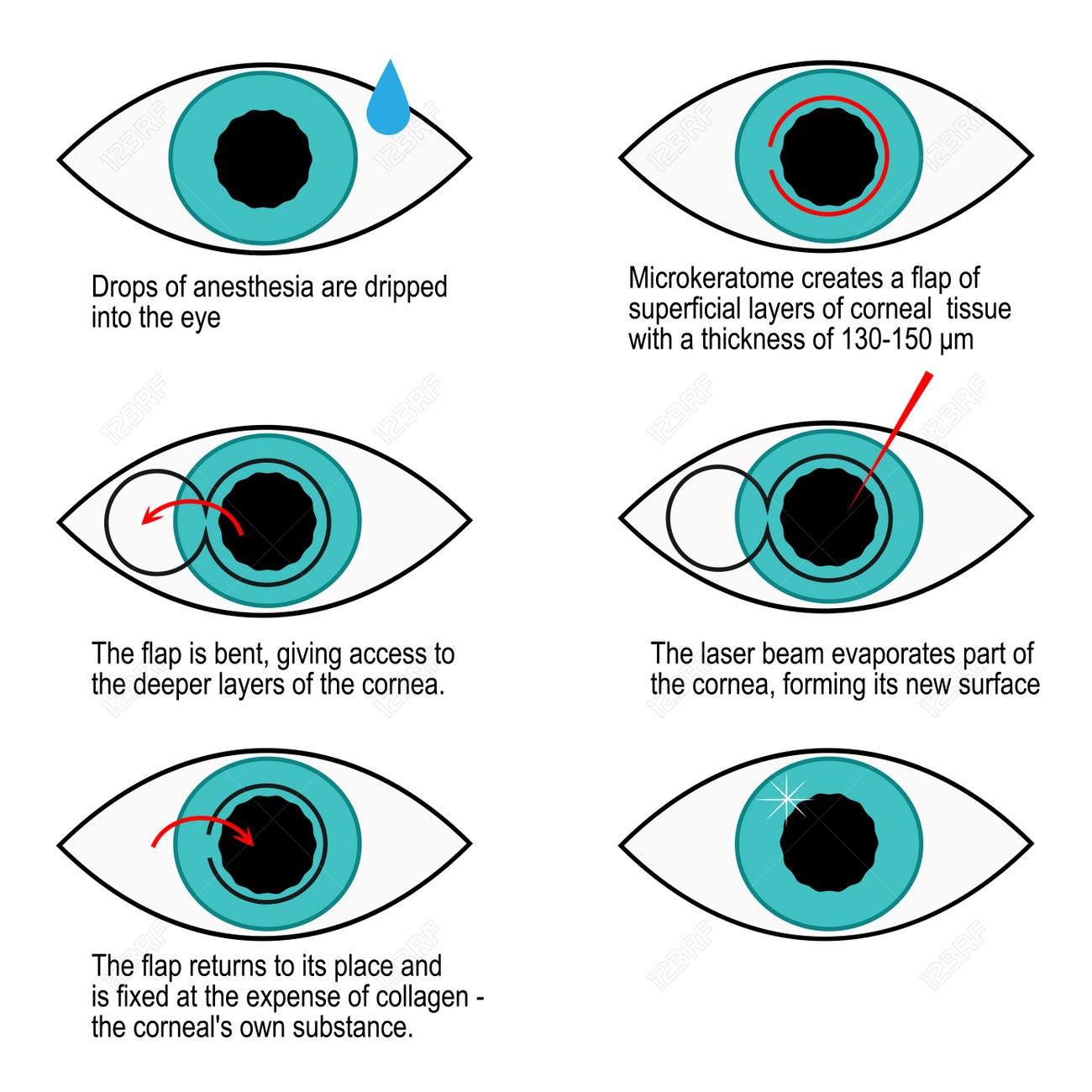Is SMILE Eye Surgical Treatment Suitable For You? Crucial Factors And Insights To Take Into Consideration
Is SMILE Eye Surgical Treatment Suitable For You? Crucial Factors And Insights To Take Into Consideration
Blog Article
Authored By-Hollis Cooley
If you're pondering SMILE eye surgery, consider this: are you prepared to accept potential visual freedom, or does the idea of any kind of dangers make you think twice? Your decision will certainly rest on a careful equilibrium of considering the benefits versus the uncertainties. It's crucial to dig deeper right into the nuances of SMILE surgical procedure to make an educated selection that straightens with your visual goals.
Comprehending SMILE Eye Surgical Procedure
When taking into consideration SMILE Eye Surgery, it is essential to recognize the procedure and its advantages. SMILE, which stands for Small Cut Lenticule Removal, is a minimally invasive laser eye surgery that remedies common vision problems like nearsightedness (nearsightedness).
Throughout the treatment, your eye doctor will certainly use a femtosecond laser to develop a little laceration in your cornea. Through this incision, a little disc of tissue called a lenticule is gotten rid of, improving the cornea and remedying your vision.
One of the vital benefits of SMILE Eye Surgery is its fast recovery time. Lots of people experience improved vision within a day or 2 after the treatment, with very little discomfort.
Furthermore, SMILE is recognized for its high success price in giving lasting vision correction. Unlike LASIK, SMILE does not call for the development of a flap in the cornea, minimizing the threat of problems and enabling an extra steady corneal framework post-surgery.
Recognizing the procedure and its benefits is important when taking into consideration SMILE Eye Surgery for vision correction.
Pros and Cons of SMILE
Thinking About SMILE Eye Surgical procedure for vision improvement features numerous benefits and prospective drawbacks.
Among the main pros of SMILE is its minimally invasive nature, as it involves a tiny incision and generally results in quick recovery times. The treatment is additionally recognized for triggering minimal pain and dry eye signs and symptoms post-surgery compared to various other vision modification approaches. In addition, SMILE has been shown to offer superb aesthetic outcomes, with numerous clients accomplishing 20/20 vision or far better.
On the other hand, a potential con of SMILE is that it might not be suitable for individuals with serious refractive errors, as the therapy variety is rather minimal compared to LASIK. An additional factor to consider is that the learning curve for cosmetic surgeons executing SMILE can impact the schedule of experienced providers in certain areas.
It is necessary to evaluate these pros and cons very carefully when determining if SMILE is the right option for your vision modification needs.
Figuring Out Eligibility for SMILE
To figure out if you're eligible for SMILE eye surgical procedure, your optometrist will perform a complete examination of your eye wellness and vision needs. During this analysis, elements such as the security of your vision prescription, the density of your cornea, and the overall health and wellness of your eyes will certainly be evaluated.
Typically, after cataract surgery for SMILE are over 22 years of ages, have a stable vision prescription for at least a year, and have healthy and balanced corneas without conditions like keratoconus.
Your eye doctor will additionally consider your overall eye health, any type of existing eye problems, and your way of life requires to establish if SMILE is the best selection for you. https://does-lasik-hurt21975.wizzardsblog.com/29251166/examining-lasik-and-prk-which-surgical-alternative-for-vision-improvement-is-finest-for-you to connect any type of particular visual demands or problems you may have throughout this analysis to guarantee that the treatment straightens with your assumptions.
If you aren't qualified for SMILE, your ophthalmologist might suggest alternative vision adjustment options that better fit your individual demands and eye health and wellness status.
Verdict
Eventually, choosing whether SMILE eye surgical treatment is right for you calls for mindful consideration of your individual eye health and wellness and visual demands. Consult with your optometrist to establish your eligibility for the procedure and evaluate the potential benefits and drawbacks. Keep in mind to communicate any kind of worries or questions you may have during the examination process to make an enlightened decision concerning your vision correction choices.
